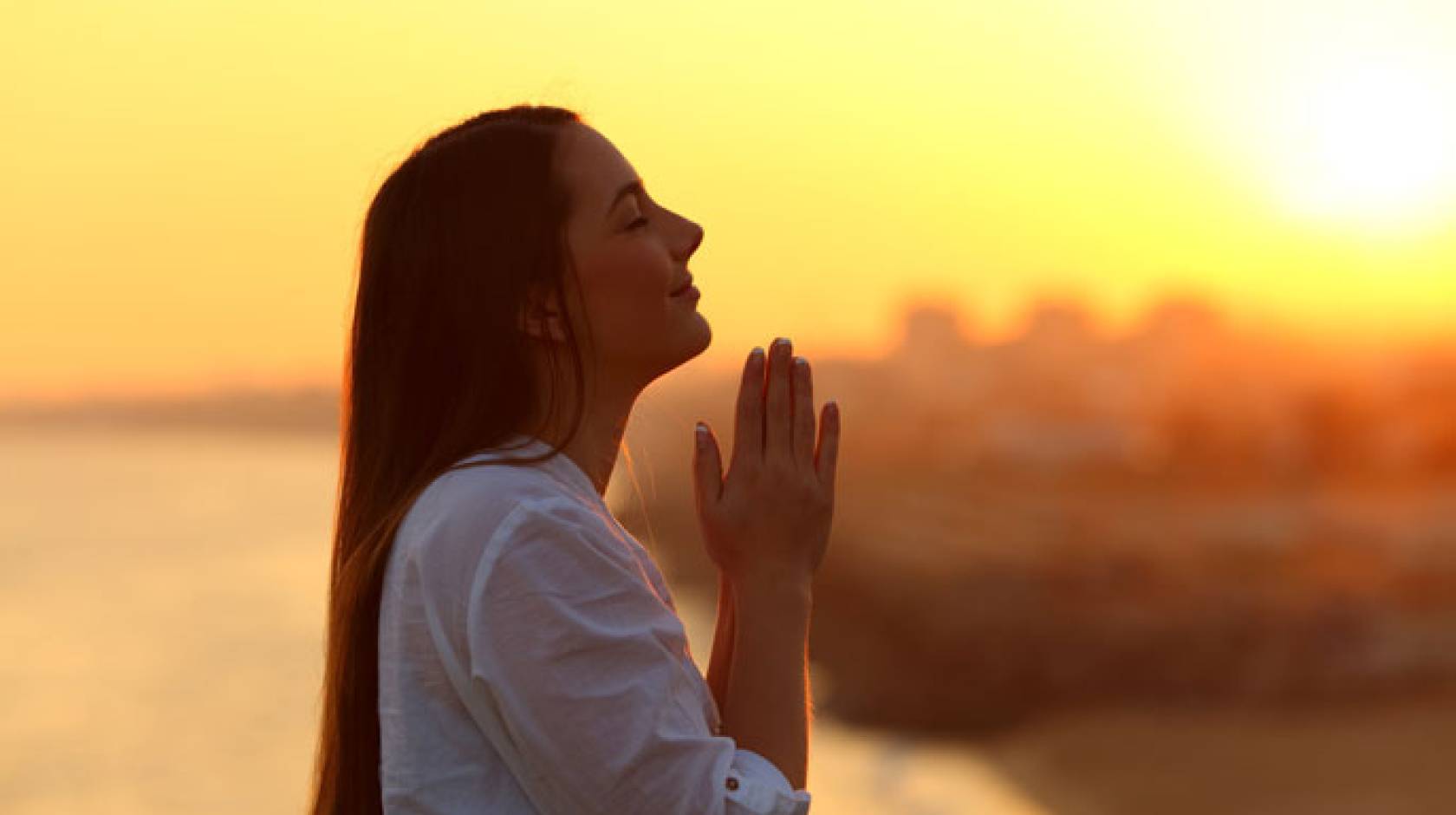Joel Bahr, UC Newsroom

You’ve probably heard that gratitude is good for you. A mountain of scientific research backs up that idea. People who take time to reflect on the good things in their lives report higher life satisfaction levels, are often less materialistic, and even seem to bounce back more quickly from illnesses.

Credit: Josh Blanchard
Those inward reflections, however, can have a decidedly different impact when expressed to others, says Sonja Lyubomirsky, a professor of psychology and researcher of human happiness at UC Riverside.
So before you find yourself holding forth this Thanksgiving about the profound gratitude you feel for those gathered around the table, pause to make sure your declaration won’t cause a bad case of heartburn.
Grand gestures — like reading aloud a letter of appreciation to a loved one — can leave the person on the receiving end feeling guilty and obliged to reciprocate, Lyubomirsky says. Instead of feeling grateful, the receiver is focused on not having an equal gift in kind.
“Demonstrating gratitude can make someone feel indebted to you, when previously they did not feel that way,” she says. “Instead of feeling grateful for someone’s thoughtful expression of thanks, we can instead feel like we owe them or we feel guilty that we haven’t reciprocated an act of kindness or affection.”
Learning how to be gracious to those who helped you
It can also be tricky sometimes when children articulate how much they value the help of their parents.
“When you express gratitude to a parent, it’s like you’re implying that they had an alternative,” Lyubomirsky says. “It’s like saying, ‘you didn’t have to support or be kind to your child, but you chose to do it.’ This can be perceived as almost insulting.”
Sincere feelings of gratitude towards others often demand that you take stock of your own life. For bootstrappers, who often believe that their successes are due exclusively to their own hard work, that can mean swallowing the hard reality that their accomplishments were achieved with help. Coming to that truth can be awkward and uncomfortable. Once someone realizes that they’ve never given thanks to their benefactors, they might they feel shame for having needed help in the first place, and guilty that they never expressed gratitude.
“Of course, being humbled or feeling embarrassed about having needed help in the first place isn’t at all a bad thing, but it certainly can feel bad in the moment,” says Lyubomirsky.
“You want to make your benefactor proud. You want to make sure that their efforts towards your success were worthwhile. It can be painful, but eventually expressing gratitude can lead to something good.”
The many benefits of gratitude
None of this is to say that expressions of gratitude should be avoided altogether, of course.
“There is a whole range of benefits of practicing gratitude,” says Jason Marsh of the Greater Good Science Center at UC Berkeley. “One of the general findings coming out of recent research is that gratitude is strongly linked to higher levels of life satisfaction. Practicing gratitude encourages you to take stock and recognize both momentary good things and experiences, as well as appreciate more global benefits and gifts in your life that you might otherwise take for granted.”
“Along with that, there’s also evidence that practicing gratitude helps people bounce back from stressors and illness. More grateful people are less likely to get sick,” says Marsh.
Gratitude also seems to help counter or reduce materialism — something to keep in mind as consumer culture kicks into high gear for the holidays. There’s even research that supports the idea that increased gratitude can motivate us to be better people.
The bottom line: While the benefits of gratitude are numerous, it should be practiced thoughtfully. So before you stand up and wing a heartfelt toast this holiday, take a moment to make sure that you’re giving thanks in a way that uplifts those you care about. That is, after all, what the holiday is all about.

